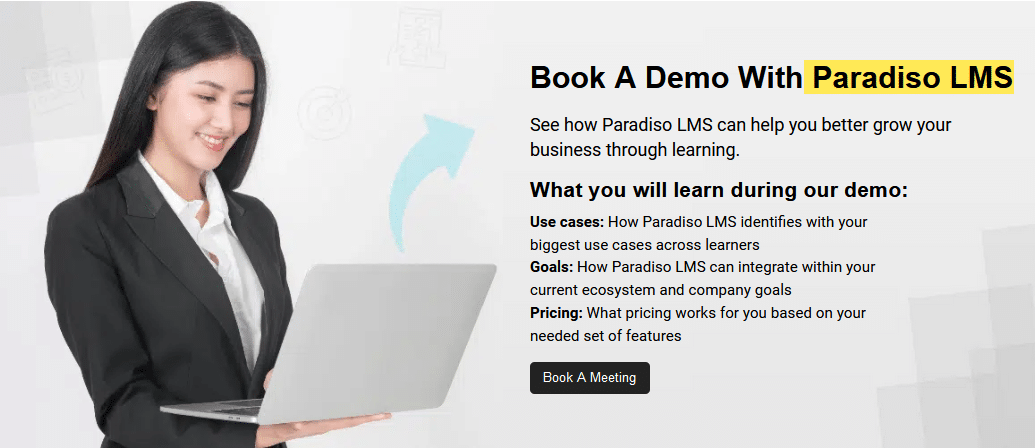Introduction to Future-Ready Learning Platforms
The educational landscape is undergoing a transformative shift driven by rapid technological advancements, evolving societal needs, and the demand for personalized learning experiences. At the forefront of this transformation are Future-Ready Learning Platforms, designed to equip learners with the skills, knowledge, and adaptability required to thrive in an ever-changing world. These platforms are not just technological tools; they represent a paradigm shift in how education is delivered, accessed, and experienced.
Future-Ready Learning Platforms integrate advanced technologies, foster personalized learning pathways, and support both formal and informal education settings. They are flexible, scalable, and designed to meet the diverse needs of students, educators, and institutions globally. As education continues to evolve, these platforms play a pivotal role in shaping the future of learning.

















